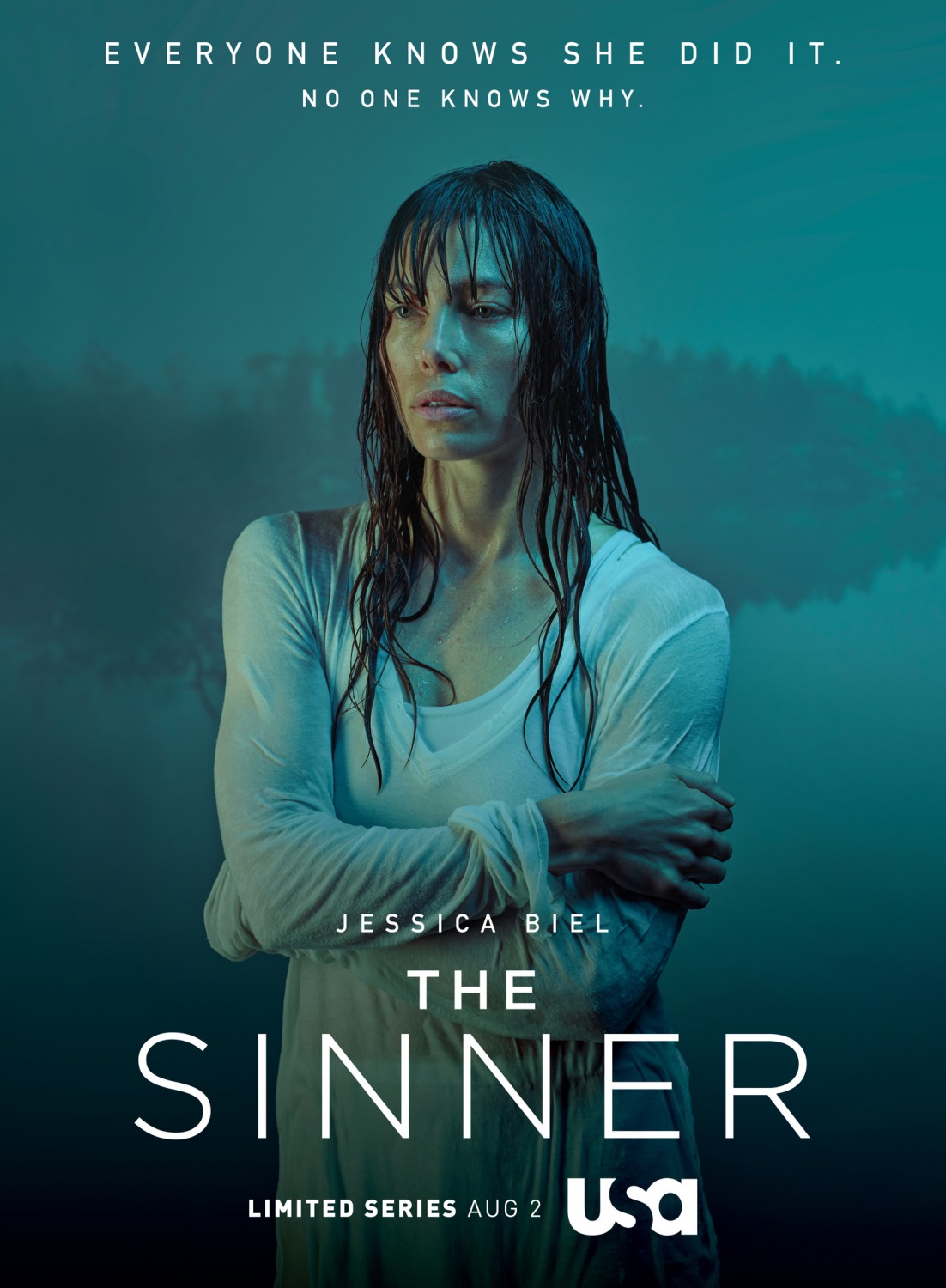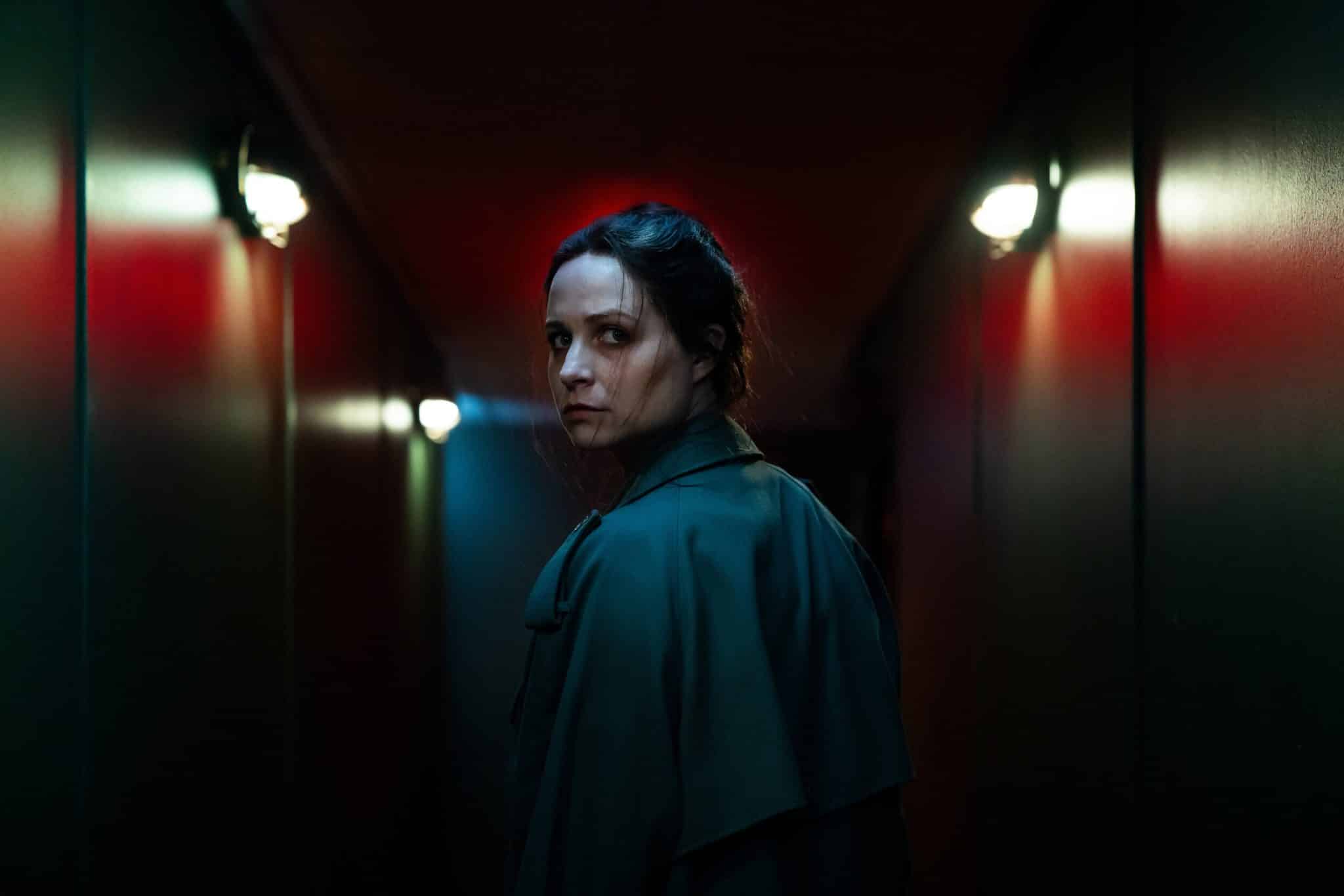(Disney+) (Apologies in advance for the length of this post.) Yeah, I know that this is the last show I need to go to bat for, but still, I’m gobsmacked by how much I’ve enjoyed it. I was a late-bloomer when it came to reading comic books. My inaugural comic was Marvel’s SILVER SURFER #50 (written by Jim Starlin — without whom NONE of Phase 3 Marvel would exist — and penciled by Ron Lim), I was barely a teen and it caught my eye solely because of the gimmicky platinum foil cover (ooh, shiny!) but when I flipped through it at my local drug store — yep, I’m old enough to have purchased comic books via local drug stores on a spindle-rack — I was fascinated with the Silver Surfer’s interiority. I thought to myself: ‘Wait, you can tell this sort of existential story through comics and so-called super heroes? I thought comic books solely consisted of people endlessly punching each other.’
(An aside: It’s no surprise that I’d later go on to fall in love with the films of Jean-Luc Godard, who would explicitly reference the SILVER SURFER in his movies.)
Sadly, as Marvel as pivoted from print to film, most of their movies have solely consisted of people endlessly punching each other, usually in non-descript factory warehouses. I won’t begrudge anyone for enjoying the MCU films but, apart from extreme examples — such as THOR: RAGNAROK and BLACK PANTHER — I’ve found them to be rather lifeless works.
So, when I’d heard that Marvel was finally folding TV into the MCU, I simply shrugged. (For the record, I adored AGENT CARTER, and the first season of JESSICA JONES is a fascinating scrutiny of abuse. Sadly, neither of those are technically MCU works.) However, WANDAVISION showed that they were taking far more risks by inventively showcasing the inner turmoil of a woman dealing with grief. I have yet to see THE FALCON AND THE WINTER SOLDIER, but have read that it’s a damning indictment of U.S. policing and being Black in America. Now we have LOKI, which is explicitly about an irresponsible narcissist reckoning with his actions and confronting himself (in more ways than one). It’s a surprisingly existential story and, yes, punches are thrown in just about every episode, but those feel more like MCU fan-service. The real hits that land are the show’s focus about one’s guilt and fatalism than spectacle. There’s an interiority to these MCU TV shows that’s lacking in the films.
As if that’s not enough, the show is pure object-porn if you love a 1970s sci-fi aesthetic. It also helps that LOKI has more than a few 12 MONKEYS-ish devices where there are a number of folks solely focused on literally blowing up time. This is a show that isn’t afraid to take smart swings, to upend what you expect from a ‘comic book TV show’, and it keeps you guessing in a number of thrilling ways. For a summer TV show, it’s surprisingly cerebral sci-fi, but never off-putting.
Oh, and there’s the cast: Tom Hiddleston is obviously brilliant, and he’s joined by Owen Wilson as a perfect buddy-cop (always has been, and yes, they confront the cop question you may have in your head right now due to the last year), Sophia Di Martino (from the severely underrated series FLOWERS) is a revelation as the headstrong Sylvie, and Wunmi Mosaku (watch HIS HOUSE, folks!) thunders through every scene she’s in. Gugu Mbatha-Raw seems a bit wasted in her role, but there’s one more ep left, so fingers crossed she gets more to do.
At only six episodes — again I’m only five eps in — it feels perfectly paced. It’s a cracking good time and has reminded me that serialized sci-fi is alive and well, even if it’s in Disney’s hands. I rarely want to write about a show in-progress, but, well, here we are. My only quibble is the usual sexlessness of the Marvel/modern Disney universe, because after watching one scene I turned to my wife and asked: “Am I terrible person if I want them to fuck?” (You’ll know the scene when you see it.) Spoiler alert, but not really because it’s Disney: you get a hand on a shoulder and that’s fucking it.
A few passing remarks in reaction to podcasts that have discussed the show:
I always love NPR’s POP CULTURE HAPPY HOUR’s Glen Weldon, and he described it as “if Harold Pinter wrote Doctor Who”. Granted that was based on the first three eps, but I can’t help but agree.
I also love Indiewire’s MILLIONS OF SCREENS — I’ve been following Libby Hill for years, and she’s always been extraordinarily insightful — and I really thought they’d be 100% behind this. They were not. I understand why — they expect more from TV, and yeah, given Marvel’s resources, they could be far more inventive with their properties — but I’m more than okay with the mini-series bits that Marvel is serving up, because it gives creators far more latitude than the filmmakers, and what we are getting is actually interesting and engaging which, again, is far better than the bulk of the films! (Sorry, not sorry.)
Oh, I forgot! The trailer:



